This post is a sponsored guest post and content was provided by Camp Rockmont.
Selecting a camp can be an incredibly daunting task.There are more than 12,000 summer camps in the US, each with its own programming, staff, and leadership.
How can you make an informed choice? At Rockmont, we’ve fielded thousands of questions from camp parents.
As you ask questions, here are six of the most important things your prospective summer camp should have. Feel free to use these as a tool when evaluating a camp through their website or when having a conversation with the staff.
A reason for what they do.
There are thousands of blobs, zip-lines, and waterslides at camps all over the world. All of these activities add value, but only if they are vehicles for the camps mission. What developmental role do these activities play? Why do they zip-line and play group games? Why do they have a blob? Part of the answer should be FUN! Fun is essential for a camp. But hopefully there’s another reason: Blobs, zip-lines, and waterslides help build courage. It’s important that a camp’s mission be integrated into every part of their program. Does the camp have a reason for each activity?
A serious stance on safety.
This is arguably the most important practice a camp should have. Safety begins with staff recruiting, hiring, and training (see next point!). The key word in this conversation is protocol. What are the camp’s protocols around camper-staff interaction? Do they have specific training programs like Darkness to Light? Do they have nurses or medical staff on site? How are the lifeguards trained? What is the camp’s approach to bullying?
A method to select the best possible staff.
Staff members are a camp’s most valuable asset. They should be selected for their integrity, passion, and character. The interview process should include background checks and references. Where does the camp recruit? What is the interview process? What about staff training? Camps should make sure to spend quality time and energy training staff to create a safe, fun environment for kids while upholding the camps mission. Does the camp select and train its’ staff with intention?
A plan for dealing with homesickness.
You can learn a lot from a camp about how they deal with homesickness. Do they view it as a preventable illness? Or terminal? Or do they see it as a natural developmental response to an away-from-home experience? A wise camp sees homesickness as an opportunity to come alongside a camper and navigate through those feelings. Compassion, connection, and collaboration are the keys to a successful homesick experience. Working through these feelings in a supportive camp community is greatly preferable to navigating a first time away-from-home experience during the freshman year of college. How does the camp train staff to deal with homesickness?
Healthy communication between parent and child.
This topic focuses more on how the camp experience will affect the parents during their temporary empty nest. Parents should find a camp with a strategy that works for them. Most camps allow written letters to be exchanged between campers and family; some even allow a one way email that the child can respond to by letter. Then there is the counselor letters. Often, counselors will write to the parent to report on the child’s experience. Remember, some limit to communication is good. One goal of camp should be to develop a healthy sense of autonomy. What is the camp’s communication policy?
A way to get more personal communication.
This could be as simple as having someone on the other end of the phone to answer questions. A camp should be willing to take time to speak with each parent as they do their research. Tours are a great way to get a feel for the campus and to meet the directors and staff. Seeing the property and meeting staff can make a child (and parent) feel much more comfortable about camp. Many camps also travel and host shows at camper’s homes or camp fairs. This is a great way to meet other families who can share their experience about camp. How do they make it easy for you to get information?
At the root of all these questions, methods, and worries, is a partnership. Your camp should be a partner with you as parents in your child’s growth. Every healthy partnership has communication. Camps should be eager to have a conversation about their hopes for your child at camp. Hopefully this article can be a resource to you while looking for camps. Give us a call and let us tell you more!
Camp Rockmont Short Film from Camp Rockmont on Vimeo.
You can find out more about Camp Rockmont from their website and facebook page.
Shawn Marler is the Assistant Director at Camp Rockmont for Boys and directs their summer program for elementary-age campers. Rebecca Becker is the Registrar and herself a Camp Mom who works to answer the thousands of questions that come her way, speaking as one parent to another. She can even tell you where to find the best deal on a set of extra long twin sheets for camp.
Disclosure: This post is a sponsored guest post and content was provided by Camp Rockmont.
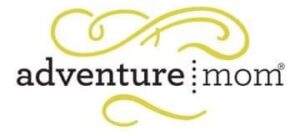
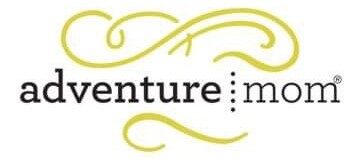
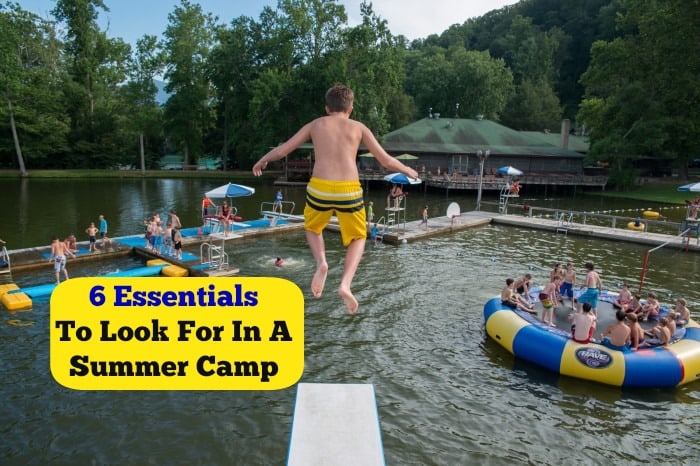
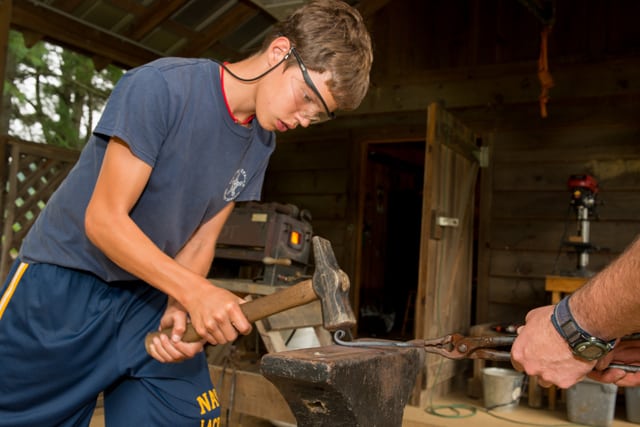
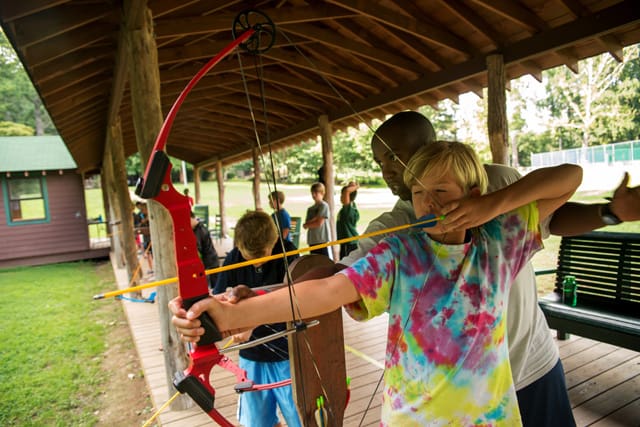

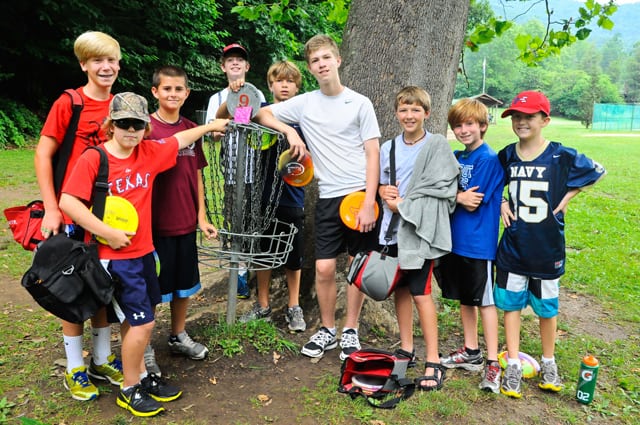
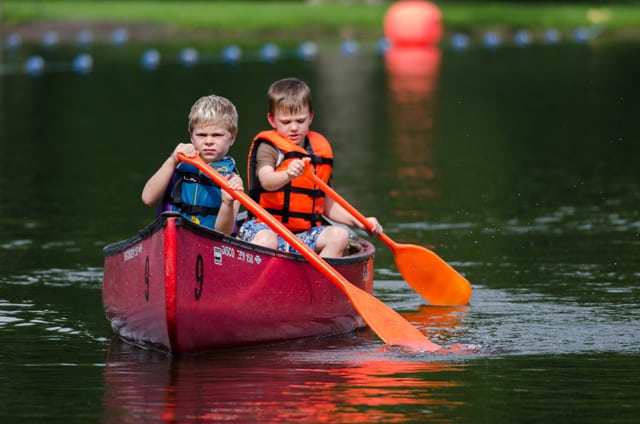
I liked how you said that a camp should see homesickness as an opportunity to work with a camper. I think learning how to handle feelings of homesickness at a young age is a great learning experience. I know when I was a kid, I had to experience being away from home by going to a camp. While it was scary at first, I learned a lot and was better prepared for when I actually did leave home.
That’s interesting that, while communication between child and parent is clearly essential, some limit to communication is good. I wonder, is this so that the child can learn to communicate with others? Or is it to learn some dependence while away at the summer camp? I’ll have to look for these things in the summer camp that we choose for my kids this summer.
I never went to a summer camp as a kid, but I bet it would have been amazing. If my kids were ever to go to a summer camp, I would make sure that safety is their first priority. I want my kids to be safe, and I’m taking the risk of leaving them with strangers. The second is, I want my kids going somewhere, I know they’ll love and go and have lots of fun. Thanks for the tips and information about summer camp!